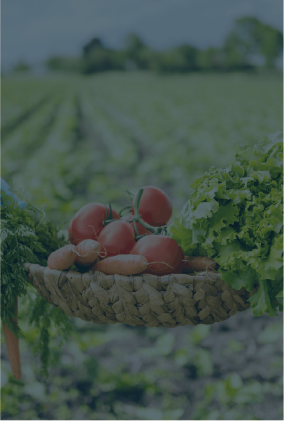
Trainings for Auditors, Lead Auditors, Consultants, Company Employees, Students
Audits and Certifications of Animal Welfare-Control Milk Standard, Biological Products and 14064 scope 1, 2 and 3, ISO 9001:2015, ISO14001:2015, ISO 50001:2018, ISO/IEC 27001, ISO/IEC 37001:2016, ISO 45001:2018
About Our Services
Food and Agriculture
Certifications and Ιnspections are crucial in the agro-food sector for several reasons...
Trade B2C/B2B
Implementing ISO standards in trade offers several benefits, including...
Sustainability
Implementing sustainability-focused ISO standards, like ISO 14001, offers businesses...
TRANSPORTATION – ROAD SAFETY
Implementing ISO standards in road safety for transportation brings these benefits...
Public Sector
Implementing ISO standards in the Public Sector offers various benefits...
Tourism Sector
Implementing ISO standards in the tourism sector offers several benefits...
Services Sector
Implementing ISO standards in the Services Sector provides numerous benefits...
Training
Increase skills, knowledge and performance while creating future industry leaders and enhancing continuous...

Benefits of ISO 14064
ISO 14064 greenhouse gas (GHG) validation and verification helps organizations highlight their climate change and sustainability credentials.
Showcase Integrity
Verification against ISO 14064-1 and ISO 14064-2 highlights the veracity of your systems and processes to prove your GHG inventory, assertions and reports conform to the ISO 14064 standard; and are free from errors, omissions or misstatements.
Hit Targets
Validation against ISO 14064-2, establishes the integrity of your project baseline, design plan and supporting assumptions to ensure you realize your projected GHG reductions.
Validate Success
Verification against ISO 14064-1 provides the necessary assurance of your carbon footprint declarations. Validation of GHG projects to ISO 14064-2 provides confidence that the GHG project, if implemented as planned, will help achieve the projected emission reductions. Verification of your GHG projects gives assurance to your stakeholders of the quantum of emission reductions achieved in a specified period.
Animal welfare-control milk Standard
The consumer market has now established high demands on its daily eating habits both in the production sectors of products for immediate consumption and in the secondary sector, incorporating in high percentages in recent years the consumption of traditional products from local industries.
Thus, the food industry, in collaboration with the primary sector, implements and maintains up-to-date Food Quality, Safety and Hygiene Management Systems.
To ensure the above requirements during the production, processing and distribution of milk products or milk-based products, legal requirements and regulations have been established both at local and international level, as well as management standards that belong to the voluntary sector and are ensured through certification by accredited certification bodies.
In order to meet all the above requirements, the livestock units for milk production/Milk Producers and Processors ensure actively participation in the challenges of the industrial production of dairy products and their derivatives (e.g. Halloumi), through the application of this standard.









